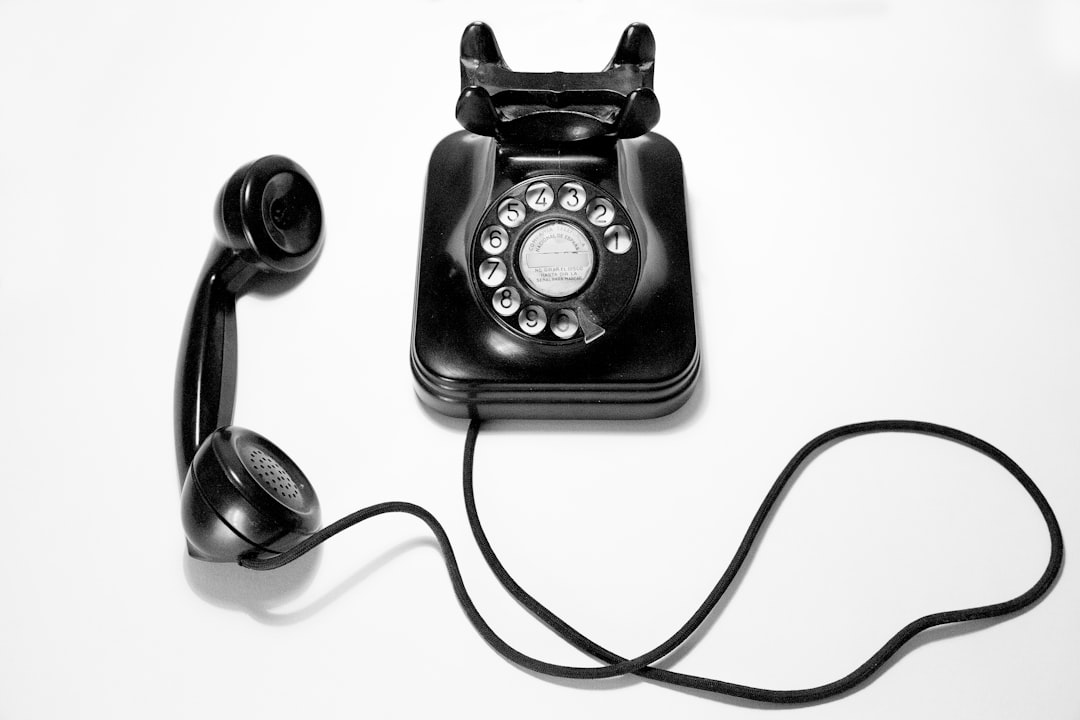In Nevada, strict laws regulate auto dialers in marketing to protect consumers. Businesses using automated calling systems should consult an autodialer Lawyer Nevada or autodialer attorney Nevada to navigate legalities, ensure compliance with the Telephone Consumer Protection Act (TCPA), state-specific regulations, and consent requirements, avoiding penalties. Engaging a autodialer law firm Nevada specializing in these laws is crucial for ethical marketing practices and consumer privacy protection.
Implementing new technologies in marketing can be a game-changer, but it’s crucial to navigate legal considerations first. In Nevada, auto dialer regulations are stringent, requiring strict compliance to protect consumer rights. This article explores the legal landscape surrounding auto dialers, from understanding regulations to choosing the right autodialer lawyer or law firm. We’ll guide you through key aspects, dos and don’ts for marketing professionals, and how to stay compliant while leveraging this powerful tool. Discover why an autodialer attorney in Nevada is essential for your success.
Understanding Auto Dialer Regulations in Nevada: A Comprehensive Overview

In Nevada, the use of auto dialers in marketing strategies is governed by strict regulations designed to protect consumers from unsolicited calls and ensure fair business practices. These rules are particularly important for businesses considering implementing automated calling systems as part of their outreach campaigns. An autodialer lawyer Nevada or a specialized attorney can offer valuable insights into navigating these legalities, ensuring compliance, and avoiding potential pitfalls.
Nevada’s laws pertaining to auto dialers are comprehensive and cover various aspects, including consent requirements, call frequency, and disclosure obligations. Businesses must obtain explicit permission from recipients before utilizing automated dialing systems for marketing purposes. Moreover, there are strict limits on the number of calls made per day and week, ensuring consumers’ privacy and reducing potential annoyance. Understanding these regulations is crucial when building a marketing strategy involving autodialers, as non-compliance can result in significant legal consequences and financial penalties.
The Role of an Autodialer Lawyer: Navigating Legal Compliance

When integrating new technologies like autodialers into your marketing strategy, it’s crucial to understand and comply with relevant laws and regulations. An autodialer lawyer in Nevada specializes in navigating this complex legal landscape, ensuring your business stays compliant. They help assess whether your use of automated calls falls under the Telephone Consumer Protection Act (TCPA) or other state-specific legislation, such as those governing marketing communications.
These attorneys also guide on obtaining proper consent from recipients, managing do-not-call lists, and structuring autodialer campaigns to avoid misclassifications that could lead to substantial fines. Their expertise ensures your marketing efforts are not just effective but also legally sound, protecting your business from potential legal pitfalls associated with the use of autodialers in Nevada.
Key Legal Aspects to Consider Before Implementing Auto Dialers

When integrating an autodialer into your marketing strategy, several legal aspects require careful consideration to ensure compliance and avoid potential pitfalls. The use of automated dialing systems is heavily regulated to protect consumers from unsolicited calls, often referred to as robocalls. In Nevada, as in many jurisdictions, implementing an autodialer involves adhering to the Telephone Consumer Protection Act (TCPA) and similar state laws. These regulations dictate how businesses can contact consumers by phone, including restrictions on automated dialing for marketing purposes.
Before employing an autodialer, it’s crucial to consult with an experienced lawyer or attorney specializing in telecommunications law in Nevada. They can guide you through the legal framework, ensuring your autodialer complies with TCPA rules and state-specific regulations. This includes obtaining proper consent from callers, providing opt-out mechanisms, and maintaining detailed records of call activities. Engaging the services of a reputable autodialer lawyer or attorney in Nevada is essential to safeguard your business from legal repercussions and ensure ethical marketing practices.
Protecting Consumer Rights: Do's and Don'ts for Marketing Professionals

When implementing new technologies in marketing, it’s crucial to prioritize consumer rights and privacy. Marketing professionals must understand the do’s and don’ts when utilizing tools like autodialers. For instance, while an autodialer attorney Nevada can assist in legal compliance, sending automated calls without prior consent is a strict no-no. It’s essential to respect consumer choices and avoid practices that could lead to legal repercussions.
As such, marketing teams should always seek explicit permission before automating communications. This includes obtaining opt-in consent for text messages or calls using an autodialer law firm Nevada’s guidance. By adhering to these principles, businesses can protect themselves from potential lawsuits and maintain a positive reputation in the face of strict consumer protection laws.
Choosing the Right autodialer Law Firm: Ensuring Your Marketing Strategy Stays Compliant

When implementing new technologies like an autodialer into your marketing strategy, selecting the right autodialer law firm in Nevada is paramount to ensure compliance with state regulations. With strict guidelines governing automated communication, it’s crucial to partner with attorneys specializing in these laws. These experts can help tailor your marketing approach to adhere to rules related to do-not-call lists, consent, and message content.
Choosing a reputable autodialer attorney or lawyer for autodialer in Nevada ensures that your campaigns not only stay within legal boundaries but also maximize their impact. They can guide you on best practices, help avoid costly mistakes, and provide ongoing support to navigate the evolving regulatory landscape surrounding marketing technologies.






